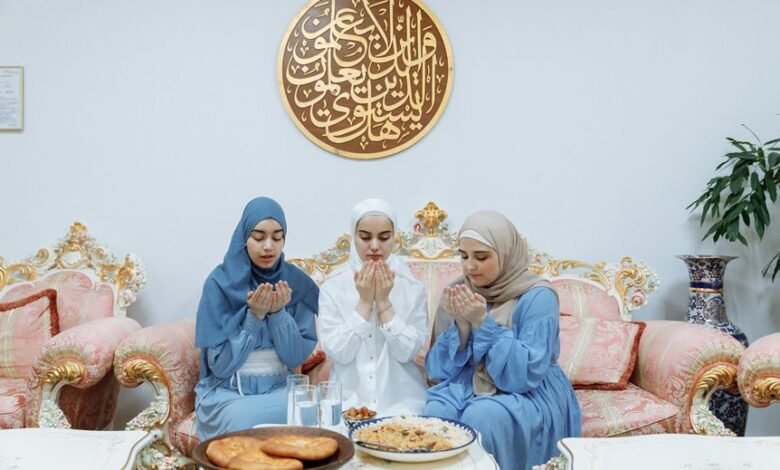Shia Iftar Time Islamabad: Accurate Iftar Timings for Shia Muslims

Accurate Iftar timings play a crucial role for Shia Muslims in Islamabad, serving as a guide for their daily fasting practices. These timings not only signify the end of the fast but also enhance the communal and spiritual experience during Ramadan. Understanding the precise moments for Iftar can influence personal and collective rituals. This raises questions about how these timings impact community bonds and individual spirituality throughout the holy month.
Importance of Accurate Iftar Timing
Why is accurate Iftar timing crucial during Ramadan?
It embodies the spiritual significance of fasting, marking the moment of divine connection and gratitude.
Adhering to precise timings aligns with cultural practices, reinforcing community bonds as individuals gather to break their fast.
This synchronization not only enhances individual experiences but also fosters a collective spirit, emphasizing the importance of unity and shared faith within the Muslim community.
Iftar Timings for Shia Muslims in Islamabad
Accurate Iftar timings hold particular significance for Shia Muslims in Islamabad, reflecting both religious observance and communal identity.
These timings guide Iftar preparations, ensuring adherence to Ramadan traditions that emphasize faith and community.
Community Iftar Gatherings
Community Iftar gatherings play a pivotal role in the social fabric of Shia Muslims in Islamabad during Ramadan.
These events foster community bonding, allowing individuals to share meals and strengthen relationships. They also serve as a platform for the preservation of cultural traditions, reinforcing collective identity.
Through these gatherings, the essence of unity and spirituality is celebrated, enriching the overall Ramadan experience for participants.
Tips for a Meaningful Iftar Experience
While the act of breaking fast is a significant ritual during Ramadan, creating a meaningful Iftar experience goes beyond simply sharing food.
Incorporating traditional recipes fosters cultural connection, while engaging in spiritual reflections enhances the experience’s depth. Families are encouraged to set intentions, discuss their faith, and appreciate communal bonds, transforming Iftar into a profound moment of unity, gratitude, and self-awareness within the Shia community.
Conclusion
In conclusion, the precise Iftar timings for Shia Muslims in Islamabad not only facilitate adherence to religious observances but also foster a profound sense of community. Coincidentally, as individuals gather to break their fast, the collective experience amplifies the spiritual essence of Ramadan. This synchronicity between personal devotion and communal celebration underscores the vital role of accurate timings, reinforcing both individual faith and shared identity within the larger tapestry of the Shia Muslim community.




